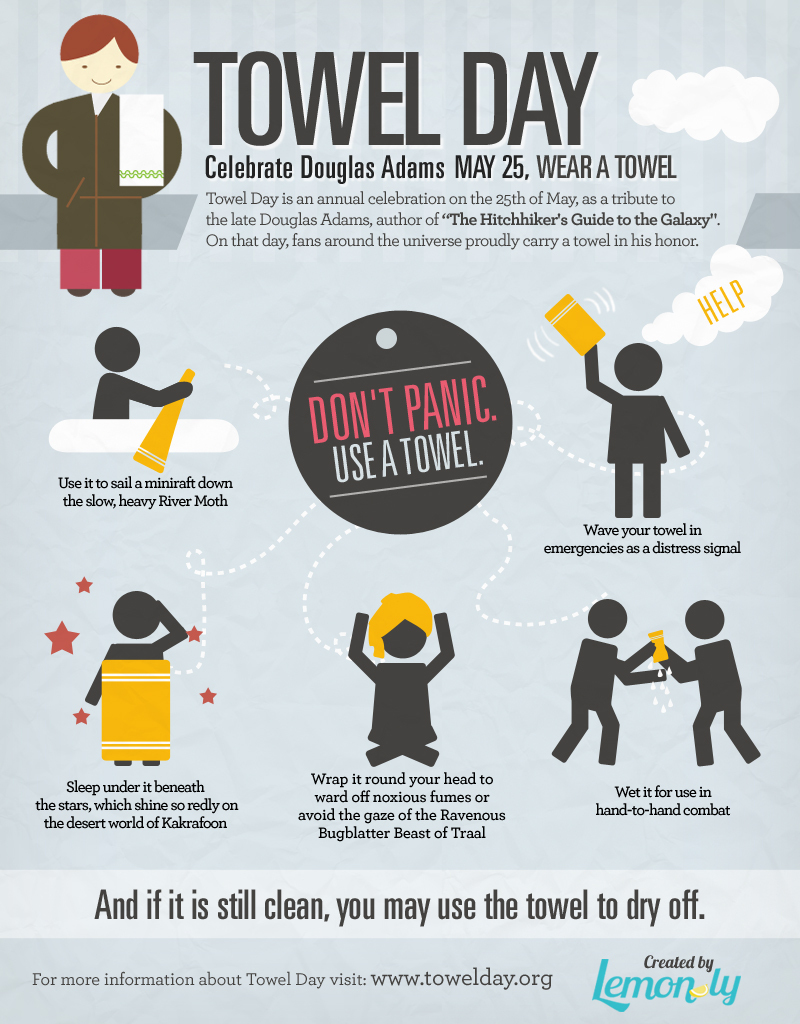Skype coffee? (from Mostly Dead to Fairly Functional, part 5)
/It's day 5 of "Mostly Dead to Fairly Functional" series, and today we won't focus on you.
We'll talk about people around you. Mostly.
One of the biggest factors helping us get back on track is the support from human environment. Your teammates, your clients, your family , your coworkers, your boss or coach.
In other words, get together with people. Start scheduling social commitments, small ones at first. A session in your mastermind group, a coffee date, may be a one-on-one with your supervisor or a coaching session.
Why is that important?
Because even the most introverted introverts, tend to be more focused, energized, and say smarter things in conversation with another human being.
We tend to mobilize our internal resources when we communicate LIVE.
If you're fortunate to be surrounded by supportive and positive people, first - you’re probably a wonderful person yourself. Want a Skype coffee?
I digress.
What I meant to say - you know, you can straight out ask a friend or a colleague “can I work with you sometimes? Can we Skype for half an hour, and just be present, each doing her own thing?” If you need to collaborate on a project, even better.
The presence of another human being gives us the focus and the accountability to perform. I was going to write to "perform much better", but when you're mostly dead, it's often "to perform, period".
If you’re a solopreneur, this is truer by an order of magnitude.
So use your social environment, use your network, work with people. You might be surprised as to how much results it provides.














